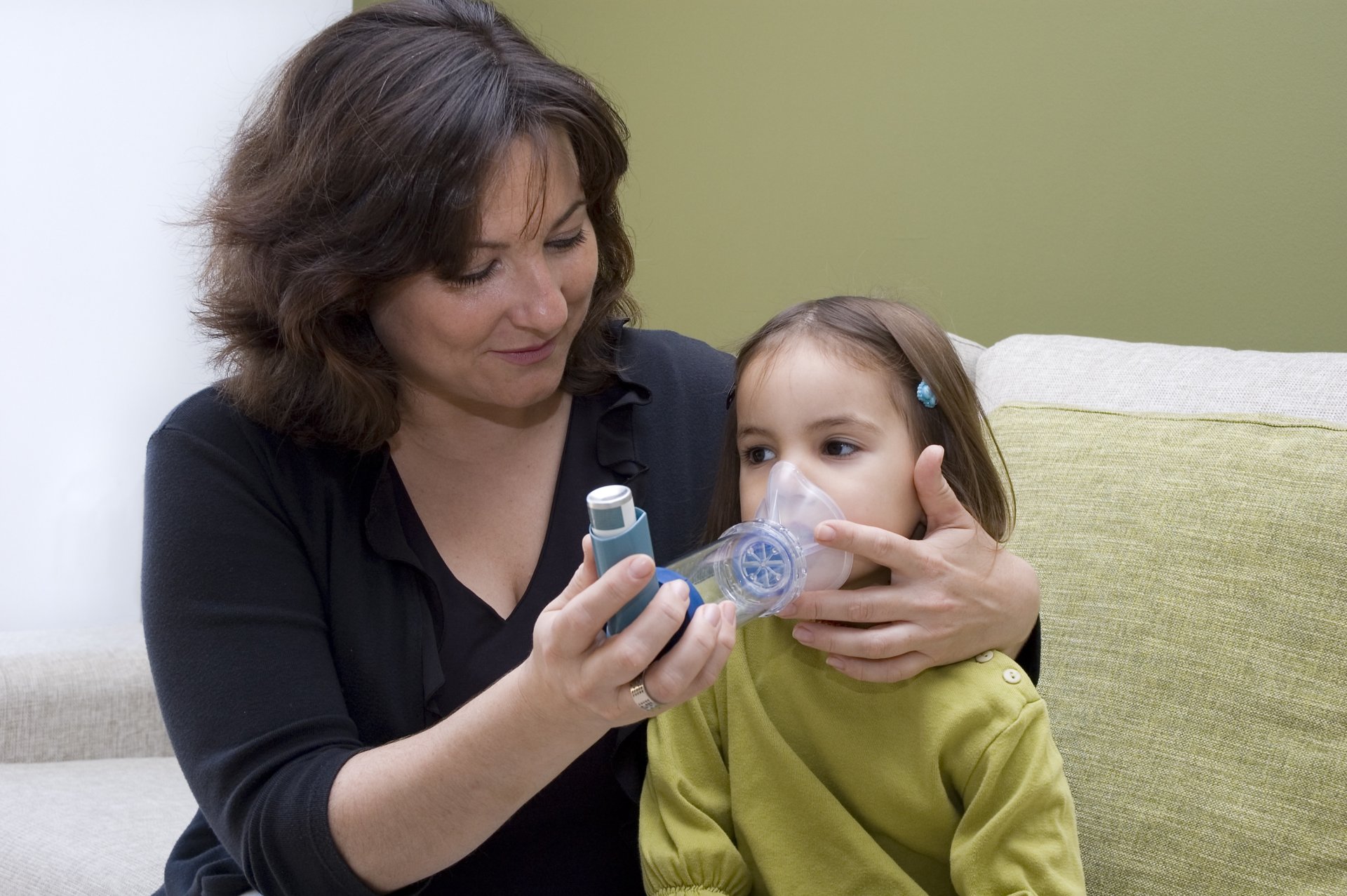Recruitment is underway for a significant research study examining how asthma technology, developed by British respiratory health technology start-up Clin-e-cal, influences inhaler technique and asthma symptoms. The randomised clinical study, which is funded through an Asthma + Lung UK and NIHR research grant, is being led by Professor Clare Murray, professor of paediatric respiratory medicine at the University of Manchester, and Asthma Programme Lead at the NIHR Manchester Biomedical Research Centre.
Professor Murray commented, “I have been familiar with Clin-e-cal’s technology for some time now, and it is exciting to be able to get participants in to start using the Clip-Tone Buddy system. Digital solutions like Clip-Tone Buddy have the potential to allow patients to take control of their conditions, so it’s great we’ve been able to bring together this collaborative study involving the University of Manchester, the NIHR, and Asthma UK to try and advance our understanding of the role that technology can play in respiratory disease management.”
The study is aiming to build upon existing findings that Clin-e-cal’s Clip-Tone Buddy technology can effectively provide real-time feedback in inhaler training, leading to fewer inhaler technique mistakes, improved lung function, and improved lung availability. Researchers will compare inhaler technique in participants using the Clip Tone Buddy and those receiving care as usual over a 6-month period.
Clin-e-cal’s technology platform is designed to help people with respiratory diseases to continuously monitor and improve their inhaler technique. The Clip-Tone Buddy app is the first digital solution which can provide real time feedback and effectively guide a user’s inhaler technique, as well as providing personalised tips for improving technique and monitoring regular inhaler usage.
The Clip-Tone system consists of a small, moulded plastic attachment (developed by partner organisation Clement Clarke International) which clips to the top of an inhaler and generates a gentle whistling sound when the inhaler is used. Clin-e-cal’s Sound Response® technology then analyses the sound signal and provides real-time visual feedback to patients on their inhalation technique, as well as tracking their inhaler use and sending medication reminders.
Clin-e-cal’s CEO, Dr Elizabeth Crawford, commented, “It is fantastic to be able to start building the first significant data to support the longer-term impact of our inhaler technique technology. We know from previous studies that interventions designed to improve inhaler technique can have an impact in the short term, but often do not perform as well long-term. Our technology offers continuous inhaler technique monitoring/support, so we hope that we will be able to show that it has a longer term, sustained impact.”
The study is part funded by the Asthma + Lung UK asthma tech fund, which was set up to kick-start a revolution in asthma self-management. The research grants were created in partnership with the National Institute for Health Research Invention for Innovation (NIHR i4i) and the Engineering and Physical Sciences Research Council (EPSRC) and aim to fund projects that will revolutionise the way people with asthma are able to manage their condition, prevent asthma attacks and improve their quality of life.
Asthma affects 5.4 million people in the UK and results in around 70,000 hospital admissions and 1,100 deaths every year. It is a common condition that has the potential to be transformed by technology (Asthma UK 2016 Connected Asthma report). People with asthma are generally responsible for much of their day-to-day care, often only seeing their GP once a year for an asthma review or in an emergency.
Correct inhaler technique is recommended as a key way of improving management of respiratory conditions like asthma and COPD, including cutting the risk of symptomatic episodes of respiratory distress and reducing medication side effects. Studies have also found that up to 90% of people are not using their inhaler correctly. On average, three people die from an asthma attack in the UK every day (Asthma UK) and many of these deaths could be preventable with improved management and correct inhaler use.
Find out more about the study at https://clin-e-cal.com/clip-tone-study/.



